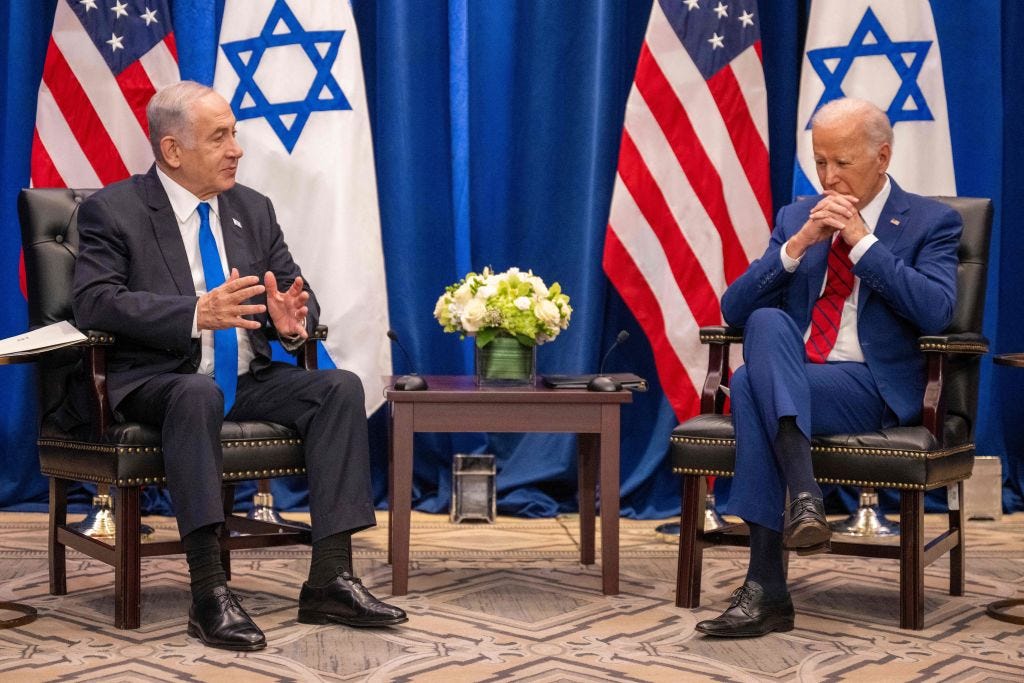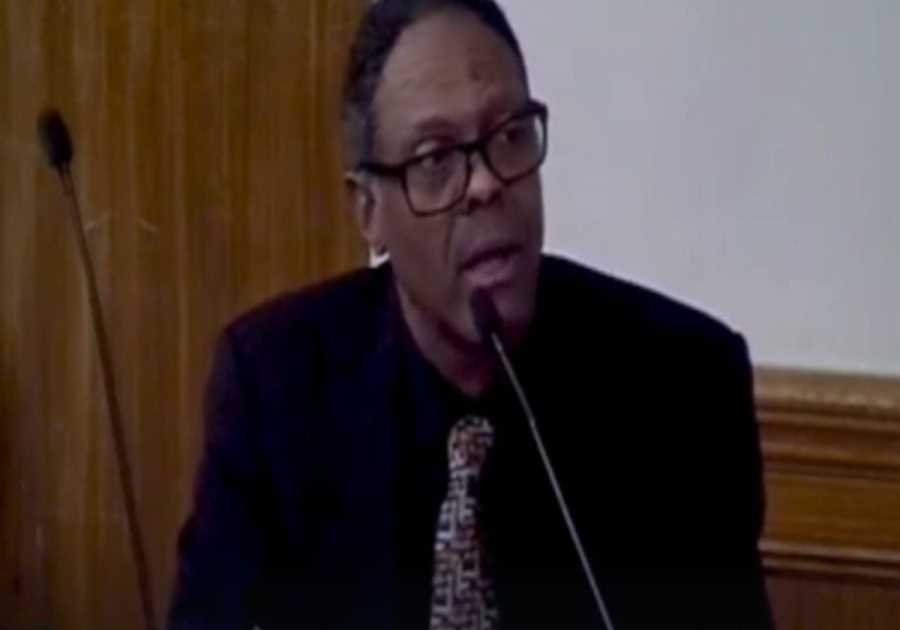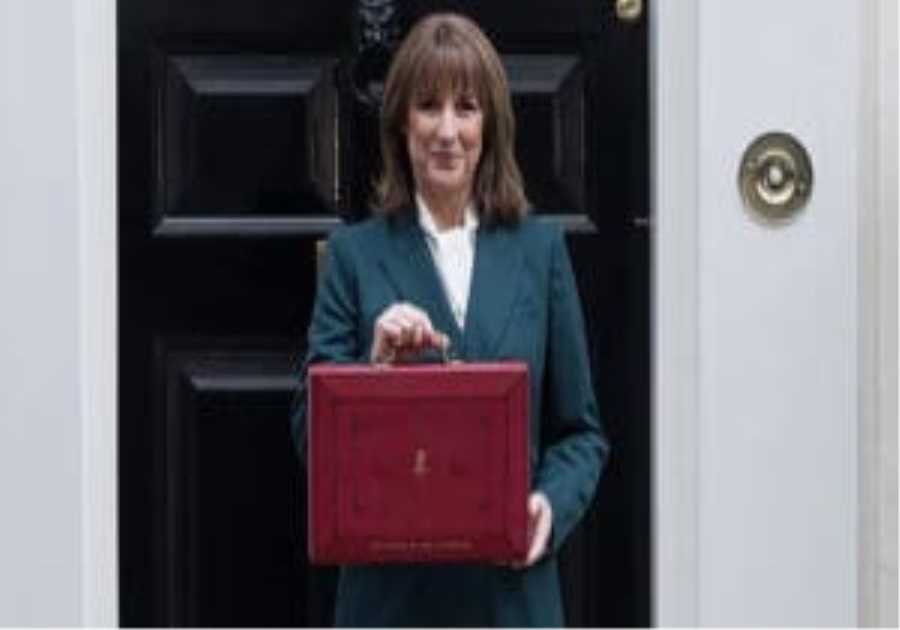Anadolu via Getty Images
- Israel said on Tuesday that it had sent tanks into Rafah in defiance of US warnings.
- The Biden administration says its concerned about the lives of hostages and civilians.
- The attack signals a widening rift between the US and Israel over actions in Gaza.
Early on Tuesday, Israeli tanks seized control of the vital Rafah border crossing between Gaza and Egypt.
It came after the Israeli military launched a series of overnight strikes on the city as international mediators attempted to hash out a cease-fire agreement between Israel and Hamas.
The attacks took place just hours after President Joe Biden had urged Israeli Prime Minister Benjamin Netanyahu not to invade Rafah, where hundreds of thousands of refugees fleeing the war elsewhere in Gaza had made temporary homes.
But throughout its eight-month war, Israel has shown that it is willing to reject and ignore the advice of its most important international ally, the US.
That is despite Israel being the world's biggest recipient of US military aid. According to the reports, Washington gives it around $3.8 billion worth of weapons and defense systems each year.
"We're having this conversation about how horrible it would be for US credibility and US leadership if we fail to support Ukraine," Matt Duss, the executive vice president of the Center for International Policy, told Time in March.
"The same applies here. Our inability to exert any meaningful influence on Israel—a state that is hugely reliant on US support—is also enormously damaging."
A snub to Biden
The Israeli escalation came after hopes were raised of a cease-fire when Hamas said it accepted a deal to halt the conflict proposed by Qatar and Egypt.
John Kirby, the White House spokesman, said on Sunday that Biden told Netanyahu the US would "not support ground operations in Rafah" unless it shows how it plans to protect the lives of civilians.
Israel on Monday warned civilians in eastern Rafah to evacuate, indicating that an attack may be imminent. At the moment, its strikes on the Rafah appear more limited than the ground invasion Biden warned against Sunday.
However, they show that US pressure hasn't been enough to completely deter a Rafah offensive. Ahead of the assault, the US held back a shipment of ammunition to Israel, according to reports. But that didn't appear to be enough.
A growing rift between the US and Israel
Biden initially offered Israel the US' full support in the wake of the October 7 terrorist attacks by Hamas, which killed around 1,200 people and seized hundreds of mostly civilian hostages.
But as the war has progressed, the rift between Biden and Netanyahu on how to conduct the campaign to destroy Hamas has become more pronounced.
Biden is trying to restrain Israel and get it to wind down the campaign. Israel's attacks on Gaza have killed tens of thousands of civilians, according to Gazan health authorities, provoked a wave of protests on US campuses, and corroded support for Israel internationally.
Fear that the conflict could spiral into a wider regional war remains intense.

JIM WATSON/AFP via Getty Images
But Netanyahu sees things differently from Biden, and Israel has claimed that it remains determined to destroy the six Hamas battalions that it says are holed up in Rafah.
He's outright rejected calls for the creation of a Palestinian state after the war, a measure backed by the US and another key US regional ally, Saudi Arabia, which has held out the prospect of a deal to normalize relations if Israel agrees.
The US says that negotiating a cease-fire with Hamas remains the best way of securing the lives of the 128 Israeli hostages that remain in Gaza.
But Netanyahu appears to be prioritizing the political demands of his cabinet over the advice he's getting from Biden, say some analysts. His coalition is fragile, and he relies on the support of far-right lawmakers who are demanding an attack on Rafah.
"Netanyahu's calculation is much more focused on maintaining his coalition than he is on keeping Joe Biden happy," Aaron David Miller, a former US peace negotiator who is now at the Carnegie Endowment for International Peace, told The Wall Street Journal.
At the same time, Netanyahu is under pressure to secure the lives of the 128 Israeli hostages that remain in Gaza.
There remains the possibility that Israel, by attacking Rafah, is pushing for the upper hand in a cease-fire agreement, not positioning itself for a wider invasion.
The New York Times, citing Biden administration officials, said that the rapidly changing prospects for a cease-fire over the weekend are likely part of a bid to "gain leverage at the negotiating table with a clear resolution not yet in sight."
But if Netanyahu pushes ahead with his threats to invade Rafah, the consequences for the US could be grave, some warn.
The Gaza war has repeatedly threatened to spill into a wider regional conflict, and scenes of new civilian suffering in Rafah could intensify that threat. Meanwhile, Biden could see his global influence eroded if Netanyahu continues to ignore his warnings.
Dave Harden, a former mission director at the US Agency for International Development in the West Bank and Gaza, recently told the BBC that Netanyahu "almost treats Biden as some kind of inconsequential second secretary of a low-ranked European power."
The limits to his influence over Netanyahu's actions could soon become even more apparent.
Read More
By: [email protected] (Tom Porter)
Title: Israel's attack on Rafah shows the troubling limits of Biden's influence
Sourced From: www.businessinsider.com/israel-rafah-attack-troubling-limits-biden-us-influence-gaza-ceasefire-2024-5
Published Date: Tue, 07 May 2024 12:34:55 +0000
.png)





